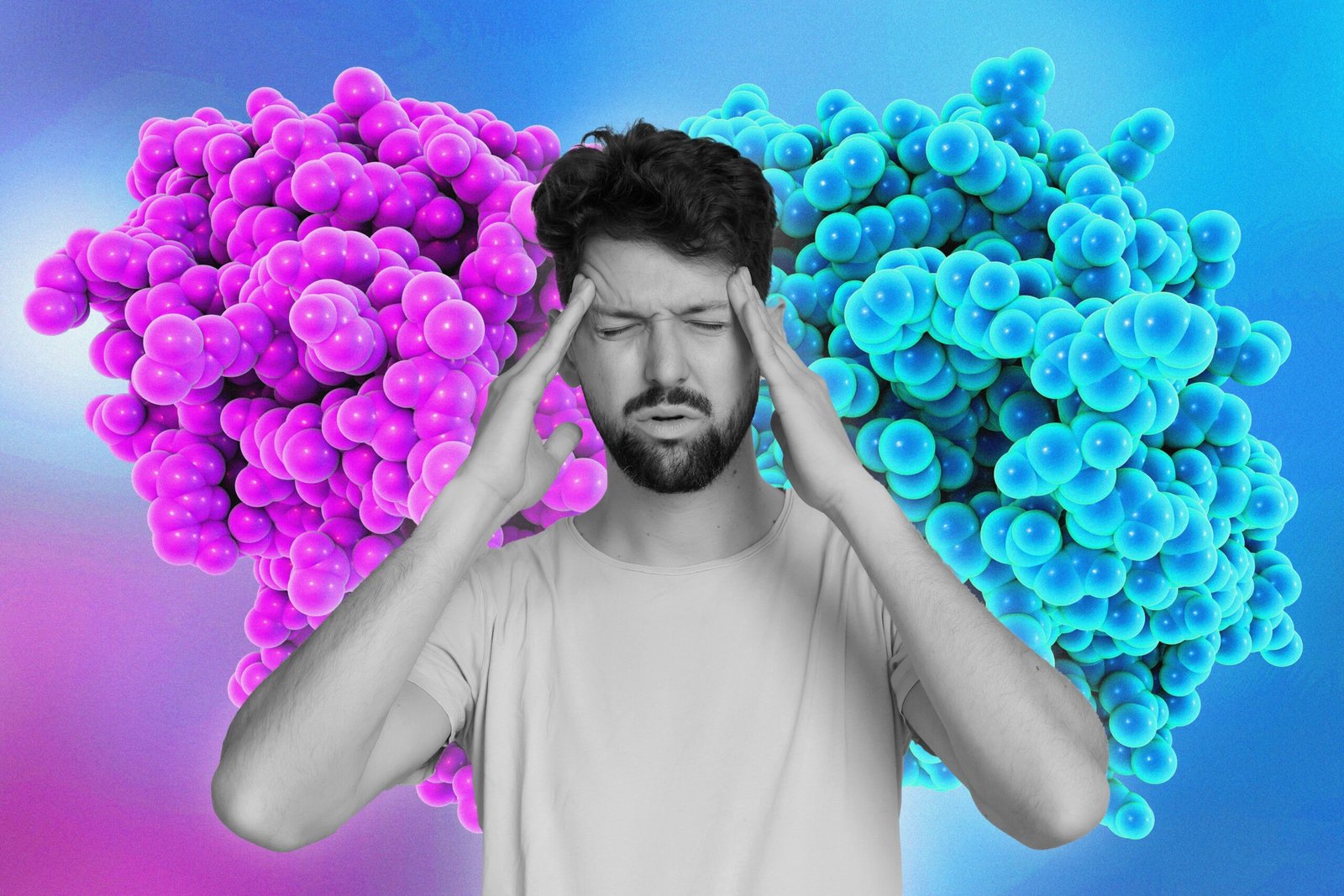If you’re not getting enough of it, the problems go way beyond just losing muscle. Protein deficiency can affect your strength, immunity, energy levels, and even how well you age. Ignoring your protein needs might be one of the biggest mistakes you make for your long-term health.
Why is protein so important?
“Protein is the raw material your body uses to build and repair everything from muscle to skin,” says Harry Cox, founder of Club Q Health in London. “Without enough, your body simply can’t create new cells or fix existing ones.”
And it’s not just about building biceps. Protein is essential for your immune system, hormone production, and many key processes that keep your body functioning. UK-based dietician Fareeha Jay adds, “Proteins drive chemical reactions and act as hormones and neurotransmitters. They’re crucial to almost every system in your body.”
Protein can even help heal wounds and repair skin — so, it not only helps you feel younger, but may also help you look younger.
Why should I eat more protein?
For the average adult, 0.75g of protein per kilogram of body weight is enough. But if you’re working out, trying to build mass, or aiming to lose weight, you’ll want more than that.
Even a small increase in protein can help you feel full longer, thanks to its effect on ghrelin, the hormone that makes you feel hungry. And here’s a bonus: your body actually burns calories while digesting protein — more than it does with carbs or fat.
“About 20–30% of the calories in protein are burned during digestion,” says Cox. Compare that to just 5–10% for carbs and 0–3% for fats. It’s a sneaky little metabolism booster.
Also worth noting: studies suggest that eating enough protein may help protect your brain as you age — especially from animal sources. The effects of plant protein on brain health are still being researched.
What are signs you’re not getting enough protein?
1. Muscle Weakness
Low protein intake can lead to visible muscle loss and weakness. Jay warns that eating under 0.45g of protein per kg of body weight puts you at serious risk, especially over time.
2. Frequent Illness
Getting sick often? Your immune system might be suffering due to a lack of protein. Jay explains that protein is key for immune defense — without it, your body’s ability to fight off infections drops.
3. Constant Fatigue
Low protein messes with your hormones and metabolism, leaving you feeling tired. One study found that people who ate more protein felt less tired overall.
4. Weak Bones and Fractures
As you age, not eating enough protein can weaken your bones. This increases the risk of falls, fractures, and even higher mortality. Studies show protein intake can reduce the risk of hip fractures by up to 16%.
5. Food Cravings
If you’re constantly hungry or snacking, you might need more protein. It helps control blood sugar levels and keeps you satisfied longer — unlike most carb-heavy snacks that leave you hungry again soon.
How to add more protein to your diet
You don’t need to live off steak or start shaking protein bottles in the office. There are easier, less awkward ways:
- Combine animal protein with whole grains like oats, brown rice, wheat, or couscous. Quinoa is especially powerful — it’s a complete protein.
- Snack on nuts and seeds. A 30g handful can give you 8g of protein. Toss them into salads, smoothies, or curries.
- Eat more legumes like lentils, chickpeas, and beans — they’re cheap, versatile, and full of protein.
- Rethink your milk. Unfortified plant milks (like almond or rice milk) are low in protein. Go for fortified versions, or blend in some protein powder (yes, even in your coffee, if you’re brave).
- Greek yoghurt is your secret weapon. It can give you up to 40g of protein in one serving and works great in sweet or savory dishes.
- Low-fat cheese is another easy win — adding 20g of protein with little effort.
You don’t need to eat like a bodybuilder to meet your protein goals — just be smart about your choices. A little planning goes a long way in keeping your body strong, energized, and feeling great.
